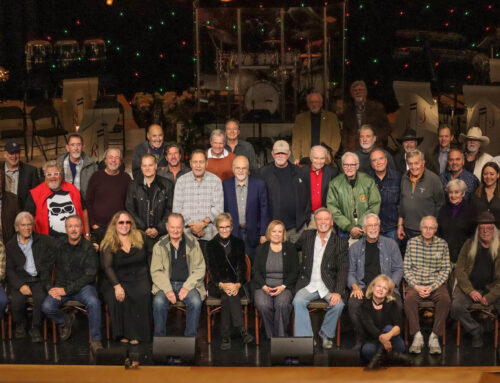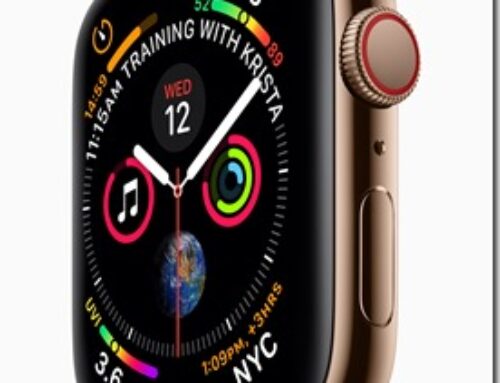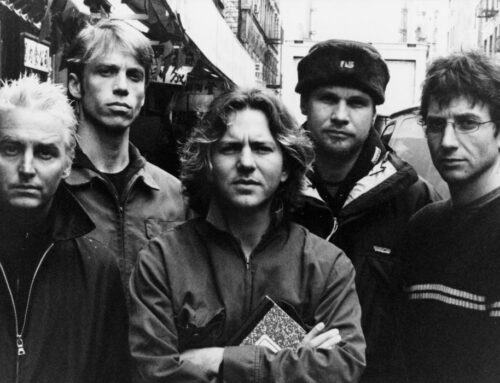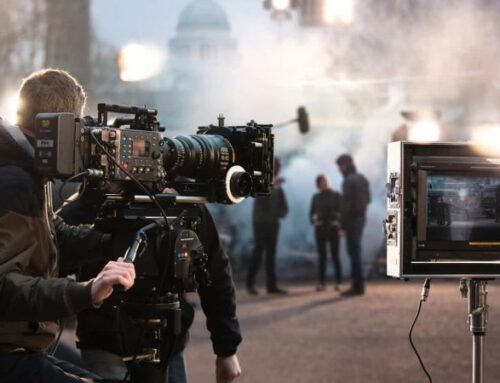 Fueled in part by its success in Virgin v. Thomas, the RIAA (on behalf of EMI Music, Sony BMG Music Entertainment, Universal Music Group and Warner Music Group) issued a new round of pre-litigation letters to college students across the country Thursday of last week. This is its ninth such round of letters since beginning the campaign against downloaders nearly two years ago. This round included letters to 32 students at Nashville’s prestigious Vanderbilt University. Vanderbilt received the third greatest quantity of letters in this round, behind University of Southern Florida, with 43 and Southern California with 37.
Fueled in part by its success in Virgin v. Thomas, the RIAA (on behalf of EMI Music, Sony BMG Music Entertainment, Universal Music Group and Warner Music Group) issued a new round of pre-litigation letters to college students across the country Thursday of last week. This is its ninth such round of letters since beginning the campaign against downloaders nearly two years ago. This round included letters to 32 students at Nashville’s prestigious Vanderbilt University. Vanderbilt received the third greatest quantity of letters in this round, behind University of Southern Florida, with 43 and Southern California with 37.
In addition to those three institutions, the RIAA also sent letters to these 16 schools (quantity in parentheses): Drexel University (17 pre-litigation settlement letters), Indiana University (23), Northern Illinois University (25), Occidental College (19), State University of New York at Morrisville (18), Texas Christian University (20), Tufts University (15), University of Alabama (14), University of California, Berkeley (19), University of Delaware (18), University of Georgia (13), University of Iowa (18), University of Michigan – Ann Arbor (20), University of Nebraska-Lincoln (13), University of New Hampshire (30), University of New Mexico (17).
As with the more than 3,500 letters previously sent to college students at other schools, the letters gives students the opportunity to resolve copyright infringement claims against them at a discounted settlement rate before the threatened lawsuit is filed against them. The letters are accompanied by instructions to the university administrators to forward the letter to the appropriate individuals the give them the opportunity to promptly resolve the matter and avoid a lawsuit. So far, the RIAA has filed over 26,000 lawsuits, with more than 8,000 students settling out of court at for average penalty of $3,000 each.
While most unversities simply forward the letters as requested by the RIAA, some, like the University of Kansas, have taken the stance that they are not a legal agent of the RIAA and that forwarding the letter would be a violation of the students’ privacy and the Digital Millnnium Copyright Act (the “DMCA”). They refuse to relase information with a court order or subpoena legally requiring them to do so. The safe harbor provision of the DMCA protects Internet service providers, in this case the University, from liability for users’ online activity if they immediately remove or disable a access to identified material in a copyright infringement complaint.
It is uncertain what position Vanderbilt University will take with regard to this issue.





